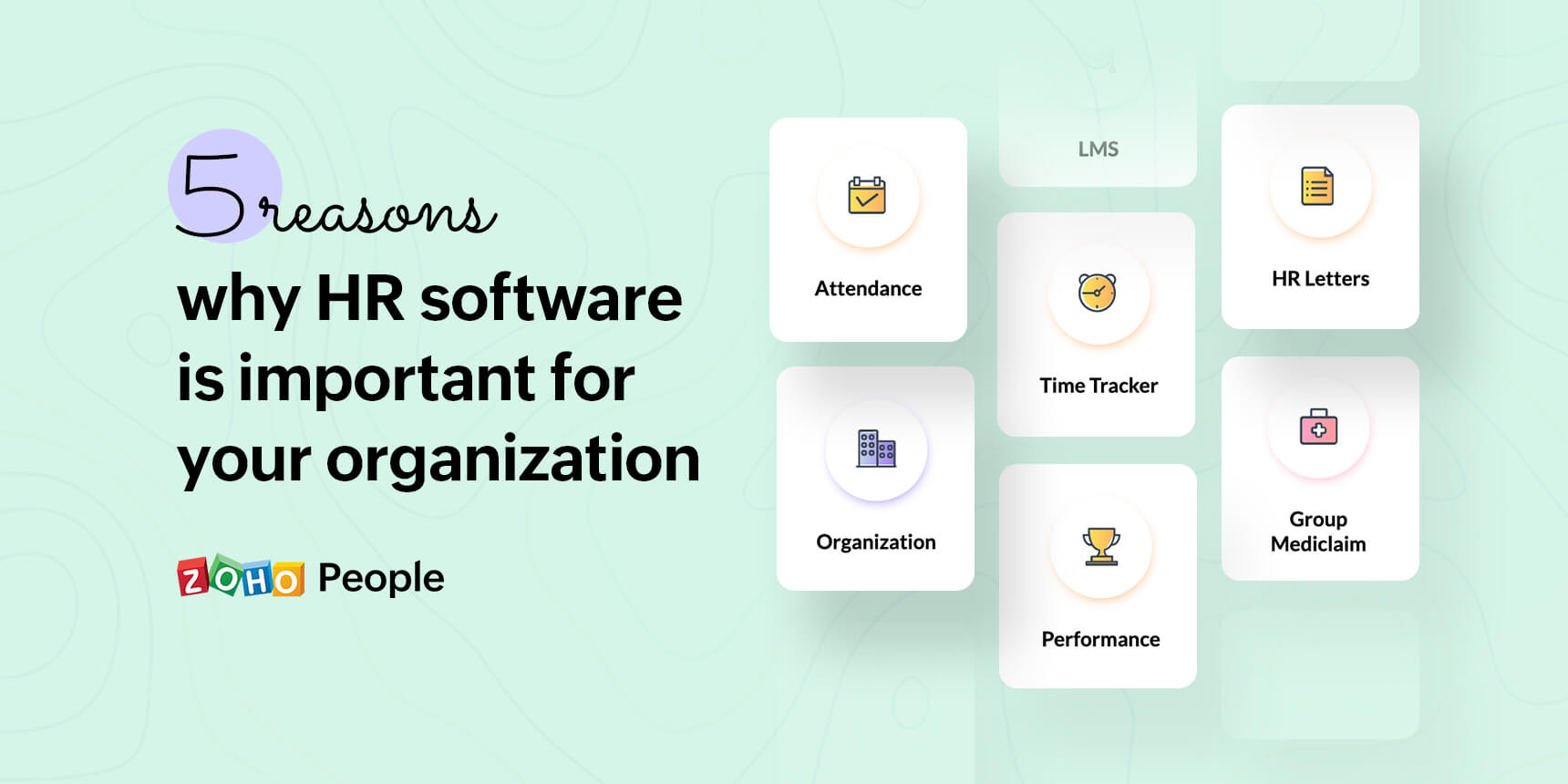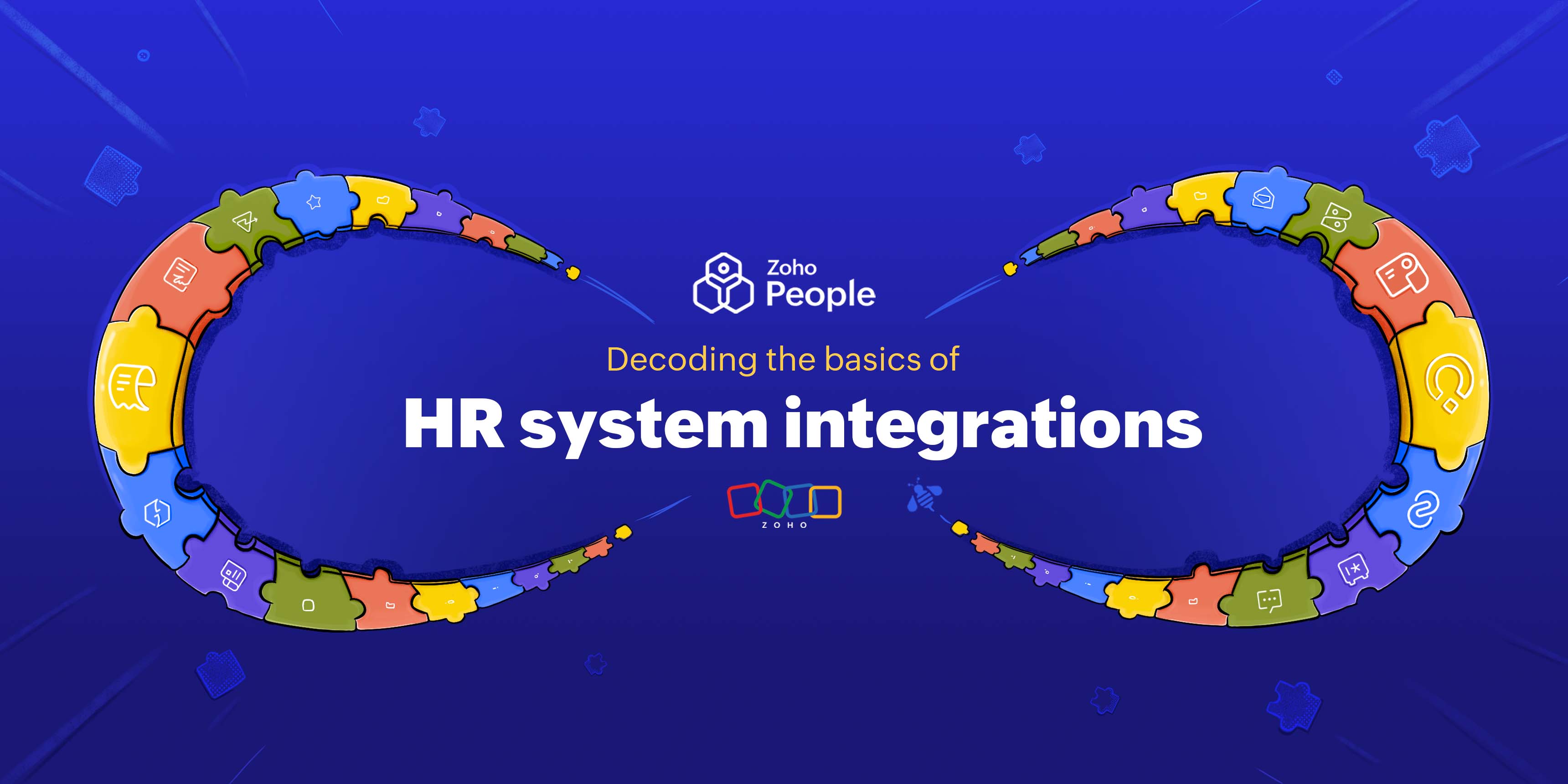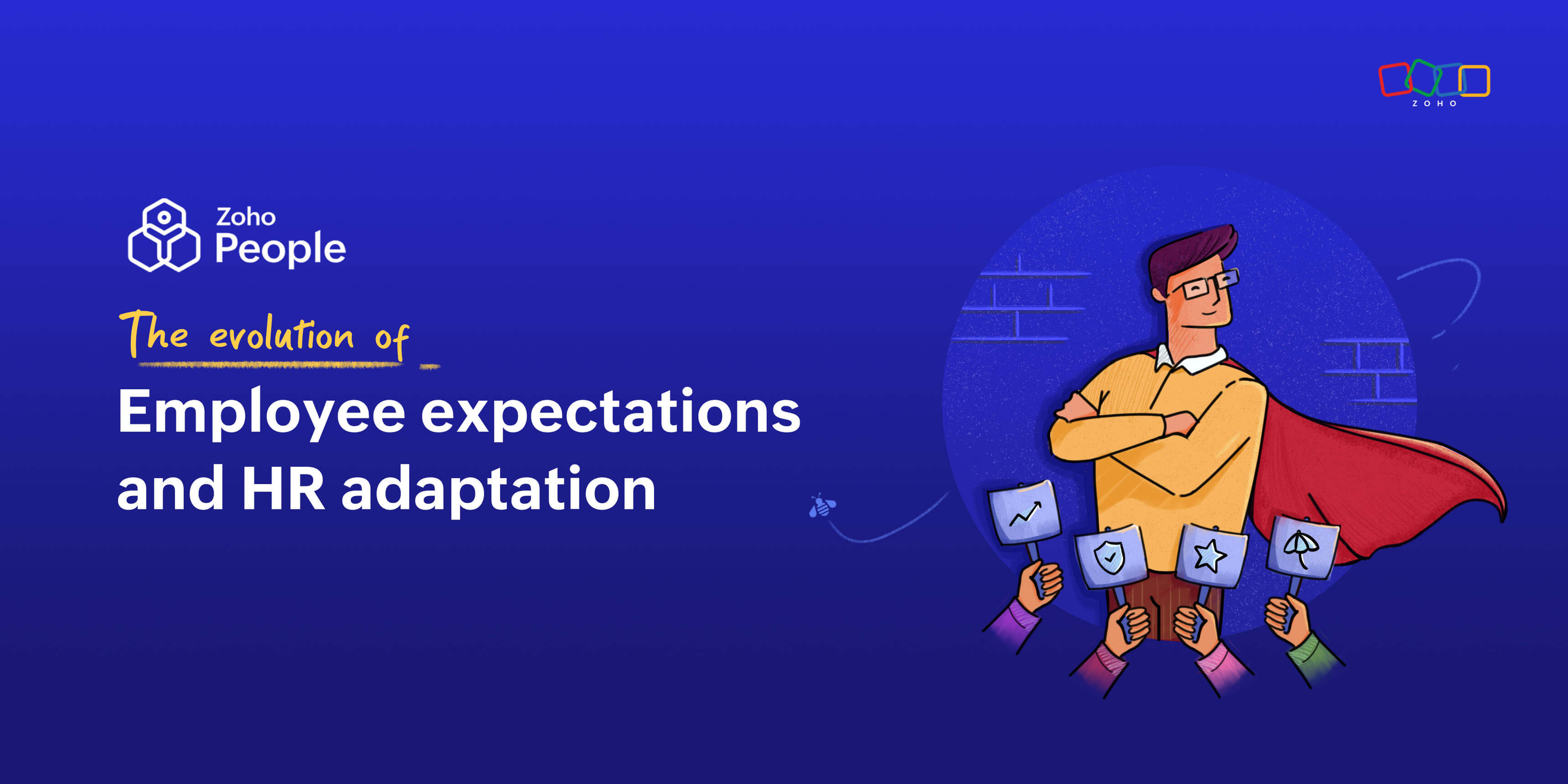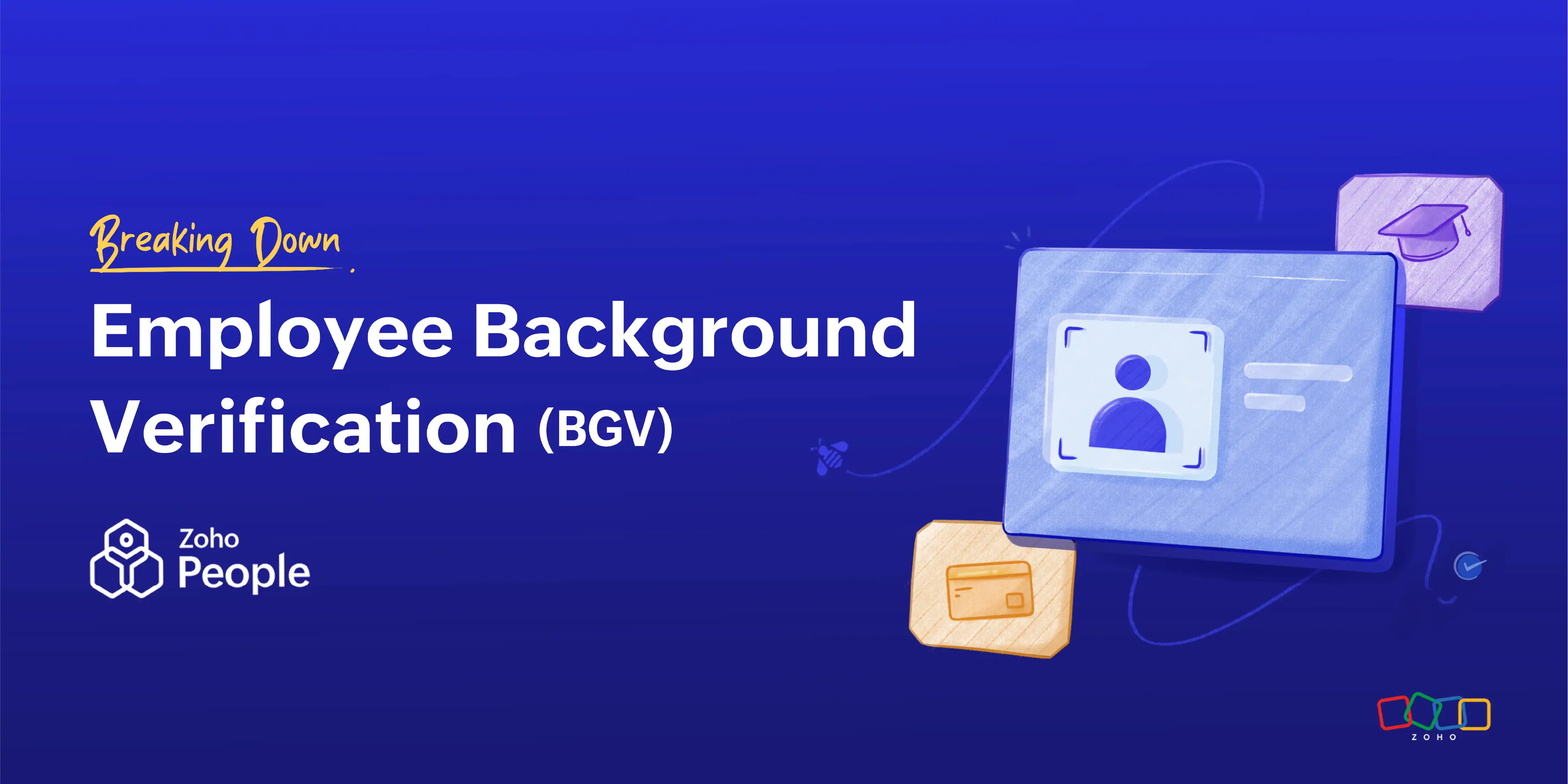- HOME
- HR insights
- Why is HR software important?
Why is HR software important?
- Last Updated : April 5, 2024
- 4.8K Views
- 4 Min Read

The success and growth of any organization depends on how well its employees are managed and treated. That's why many organizations are trying out different ways to amp up their employee management and experience strategies. This is where HR software truly shines. Using HR software, employee management becomes less about routine actions, which can be automated, and more about delivering an excellent experience that will keep employees motivated and happy. Every aspect of your HR operations, from onboarding to offboarding, can be done from a centralized location with HR software. It takes care of all the administrative work so that you can take care of your employees. Before delving into the importance of HR software, lets take a quick look its purpose.
What is the purpose of HR software?
The primary purpose of HR software is to optimize HR processes and streamline workflows, simplifying people management tasks for HR teams throughout the entire employment cycle. HR software aims to improve the employee experience at every stage, spanning from recruitment to retirement. By providing intuitive tools and seamless processes, it enhances efficiency and ensures a positive working environment for all employees.
Why is HR software important?

HR software helps empower your workforce, take the administrative burden off your shoulder, improve your employee management strategies, document key HR data in a single location, and enhance how you communicate with your employees. Here are five major reasons why an HRMS is important for your organization:
1. Empowers your workforce
With self-service tools, an HRMS gives your workforce the ability to track and manage their tasks. Your employees can mark their attendance, record the time they spend on different tasks, apply for time off, raise inquiries and requests, view their attendance details, and more. Furthermore, employees can do most of this on the go using the HR system's mobile application. This gives your employees greater autonomy and reduces their dependence on the HR department. The added benefit is that this transparent process shows the trust your organization has in its employees.
2. Simplifies administrative work
When HR processes are managed manually, the administrative burden on your HR department increases. This means more hours spent on administrative tasks rather than other strategic initiatives to improve workforce management. Using HR software, these tasks can be automated. For instance, HR software digitizes the paperwork associated with onboarding and allows your new hires to complete all the paperwork online. Attendance and time off data for payroll processing can be generated within minutes. Overall, HR software puts an end to repetitive, tedious work and makes these essential tasks easier for you and your employees.
3. Improves people management
HR software transforms how employees are managed in your organization by offering them a convenient and tailored working experience. The people analytics feature that is common in most HR software programs provides key insights that help you manage your employees better. For example, this feature can give you a rundown on the employee turnover rate of each department in your organization and the underlying reasons behind any fluctuations in this metric. Likewise, training gaps can be identified by analyzing performance management data, which then allows you to organize more meaningful learning courses for your employees. Not only does this improve the productivity of your organization, but you'll also be able to retain employees more easily when they see that you are taking their needs into account.
4. Centralizes your essential data
Employee data management is a crucial task for the HR department. Losing track of this data can lead to several issues with payroll and compliance. It will also contribute to lower employee satisfaction if data associated with their career performance or HR tasks is mismanaged. With HR software, information for onboarding, attendance, time off, payroll, performance, and more can be stored in a single, centralized database. This data can be accessed only by those with the required permissions, which ensures data security, employee privacy, and audit readiness.
5. Enhances communication
Communication is the key to the success of any organization. HR software provides access to an internal chat system to facilitate seamless communication among your employees. With the live feeds option, discussions can be initiated anytime by anyone. This way, your teams can share ideas, work on projects, and discuss strategies without hassle. Whenever an announcement is made, employees will be notified instantly through their web and mobile applications. The performance module in the HR system also allows employees to provide and receive feedback regularly.
By automating everyday HR tasks, HR software takes employee management to the next level. However, it's important to choose the right HRM software—one that is consistent with your organizational needs. Check out our complete guide on how to choose the right HR software for your organization.
With Zoho People, our HR software, every module has been designed to help organizations manage their HR processes effectively and engage their employees. Every single HR process, from onboarding to offboarding, can be simplified with Zoho People. Learn more about what Zoho People offers.
 Tarika
TarikaContent Specialist at Zoho People


